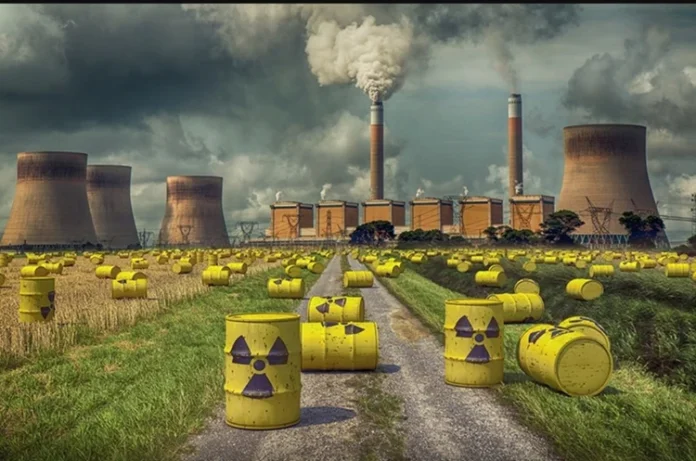After recovering from the Corona pandemic, the largest lockdown in human history, the entire world exhaled relief. However, it did not enjoy much relief until it faced the Russian-Ukrainian war, which damaged the supply chains of many goods, raw materials, minerals, and strategic crops. This was followed by the unjust aggression against the Gaza Strip and its effects on the countries of the region and even the entire world.
After the statements and threats made by Iran and the Zionist entity, which target energy sources and their supply chains, threats to strike oil production fields, gas fields, and power stations—including the greatest threat to target nuclear reactors for both parties—as well as the direct and indirect costs of the war—especially if its scope expands, which will impose heavy burdens on the global economy and obstruct its growth and stability for years—we and the world live with a great deal of anxiety about the possibility of a real
According to estimates provided by a number of international institutions, energy experts and specialists confirm that if the war escalates, it will signal an increase in panic in the oil markets and cause prices to rise to more than $100 per barrel. In fact, if the war destroys some of the oil production and transportation facilities in the region, this will cause prices to rise to new all-time highs, much higher than $100 per barrel, in a short amount of time. This will cause the global economy to stagnate and fail because it will raise the level of inflationary pressures to a new all-time high, increasing the likelihood that the economy will enter a complex state of inflationary stagnation, especially if rising oil prices coincide with rising gas prices and remain high
Furat Al-Moussawi, head of the Energy Center in Iraq, cautioned the Zionist organization against targeting Iran’s oil facility because Iran might respond by closing the Strait of Hormuz, preventing two-thirds of the world’s oil production from reaching nations.
“The Zionist entity’s threat to strike energy facilities in Iran, including the oil facility, will transform the war from an energy war to a waterway war, and the Iranian response may be to close the Strait of Hormuz to international navigation,” Al-Moussawi stated in a statement to
He went on to say that “closing the Strait of Hormuz will prevent two-thirds of the world’s oil production from reaching the countries of the world, and thus oil prices will rise insanely, and the only one affected will be Iraq, since 90% of its oil production passes through the Strait of Hormuz,” and that “the Zionist entity against targeting the oil facility in Iran, because it could lead to a comprehensive war” was a warning.

Hamza Al-Jawahiri, an oil expert, ruled out the possibility that the Zionist group would target Iran’s energy sources because of the group’s negative propaganda against major industrial nations, especially those that support the Zionist group.
Al-Jawahiri stated that “the biggest loser and the only one affected are the major industrial countries, especially those that support the Zionist entity.” He also stated that “any attempt to target Iran’s oil energy sources by the Zionist entity will lead to a sharp rise in global crude oil prices.”

“If the entity dares to do so, Iran may close the Strait of Hormuz as one of the solutions for the Iranian response, and if that happens, the price of a barrel will reach the threshold of $200,” he added, implying that “these countries are pressing the Zionist entity in one way or another not to risk targeting energy in Iran.”
One possibility for the Zionist response to Iran was to target a crucial and economic facility in Iran, according to hints made by the Netanyahu government. In return, the Iranian Revolutionary Guard stated that if Israel attacked Iran, it would target gas fields and refineries.





